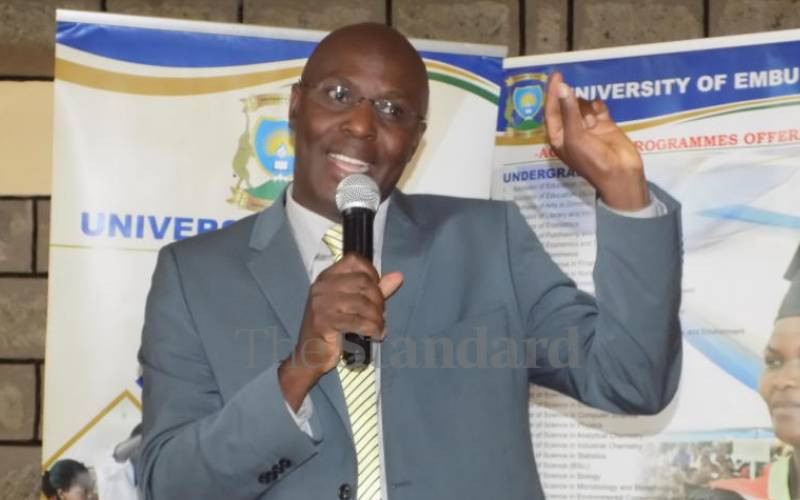
An old Swahili saying goes ‘Hayawi hayawi huwa.’ This translates to what seems impossible will finally come to pass. The long awaited World Kiswahili Language Day is here today.
The credit goes to the declaration by the 41st Session of the UNESCO member states in 2021 that declared July 7 every year the World Kiswahili Language Day. The world is welcoming the day with excitement and enthusiasm as Kiswahili had already cut a niche for itself in most international media houses including BBC, VoA, RFI, Radio China, Radio Tehran among others.